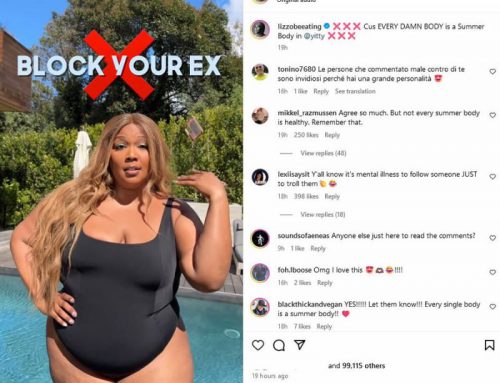Old Hollywood
Considering her father started making her sleep with men who could advance her career from the time she was 13 or 14, I don’t think people would find it shocking she didn’t really enjoy her life.
There was the time she was 16 and essentially was at the back and call of a 50 year old man who kept promising our teen and the teen’s dad that he would help her career.
He never did.
He just kept sleeping with the teen. When our actress, who would become A++ list, did finally make it she had to sleep with a director, but he cast her.
When she stopped sleeping with him, he cut her out of the movie.
Pretty soon our actress didn’t have to sleep with anyone to get parts.
Her problem was a bad contract she signed.
She was the biggest movie star in the world, but was getting paid like she was an extra.
Her studio would loan her out and give her a pittance.
So, she found ways to get more and more money.
She would be dared to do things for money.
She rarely said no.
Whether it was taking on three or four men or women or even having se.x with animals, if there was enough money being offered, she would do it.
After just a few short years, her mental health was so messed up, she quit the business and went into seclusion for 35 years.
During that time, she tried to kill herself multiple times.
Clara Bow
Clara Gordon Bow was an American actress who rose to stardom during the silent film era of the 1920s and successfully made the transition to “talkies” in 1929. Her appearance as a plucky shopgirl in the film It brought her global fame and the nickname “The It Girl”
Clara Bow: the hard-partying jazz-baby airbrushed from Hollywood history
Clara Bow’s biography could have been a fairy story but instead it is a cautionary tale. This vivacious young woman exchanged the rags and deprivations of her slum childhood in Brooklyn for the glamour and riches of Hollywood, but lived to regret it. In 1921, she was a movie-mad teenager who dropped out of school after winning a talent-spotting contest (“She screens perfectly,” said a judge). The contest earned Bow a trophy and a small film role, but no contract. She still had to tout herself around the agencies and studios, swallowing rejections as she went. “There was always something. I was too young, or too little, or too fat. Usually I was too fat,” she remembered. It was two years before she moved to Hollywood, and another three before she signed a contract with Paramount.
The films she went on to make there included some silent classics: they, and she, were precociously flirtatious, youthful and saucy. “Flapper” movies such as The Plastic Age or Dancing Mothers were perfect for Bow, who had a stunning ability to move naturally in front of the camera, bobbing and smirking with humour and sexiness. Bow became a hugely popular actor, and, in tabloid-speak, a notorious wild child. On screen she epitomised the joie de vivre and permissiveness of the jazz age, and for many people she remains the ultimate flapper, the “It girl”, with charm and sex appeal to spare.
Sadly, while the movie contract took Bow out of Brooklyn, where she had spent her abusive and impoverished childhood, her new home had dangers of its own. For all her successes, Bow was snubbed by the in-crowd, and for years after her heyday she would be nudged out of history. Her film career held more future sadness and scandal than she could have possibly imagined when she signed on the dotted line. Studio executives tried to manipulate her, calling her a “birdbrain” and a “dumbbell” while she continued to make them masses of money at the box office. – Source
Read more on these Tags: Clara Bow









